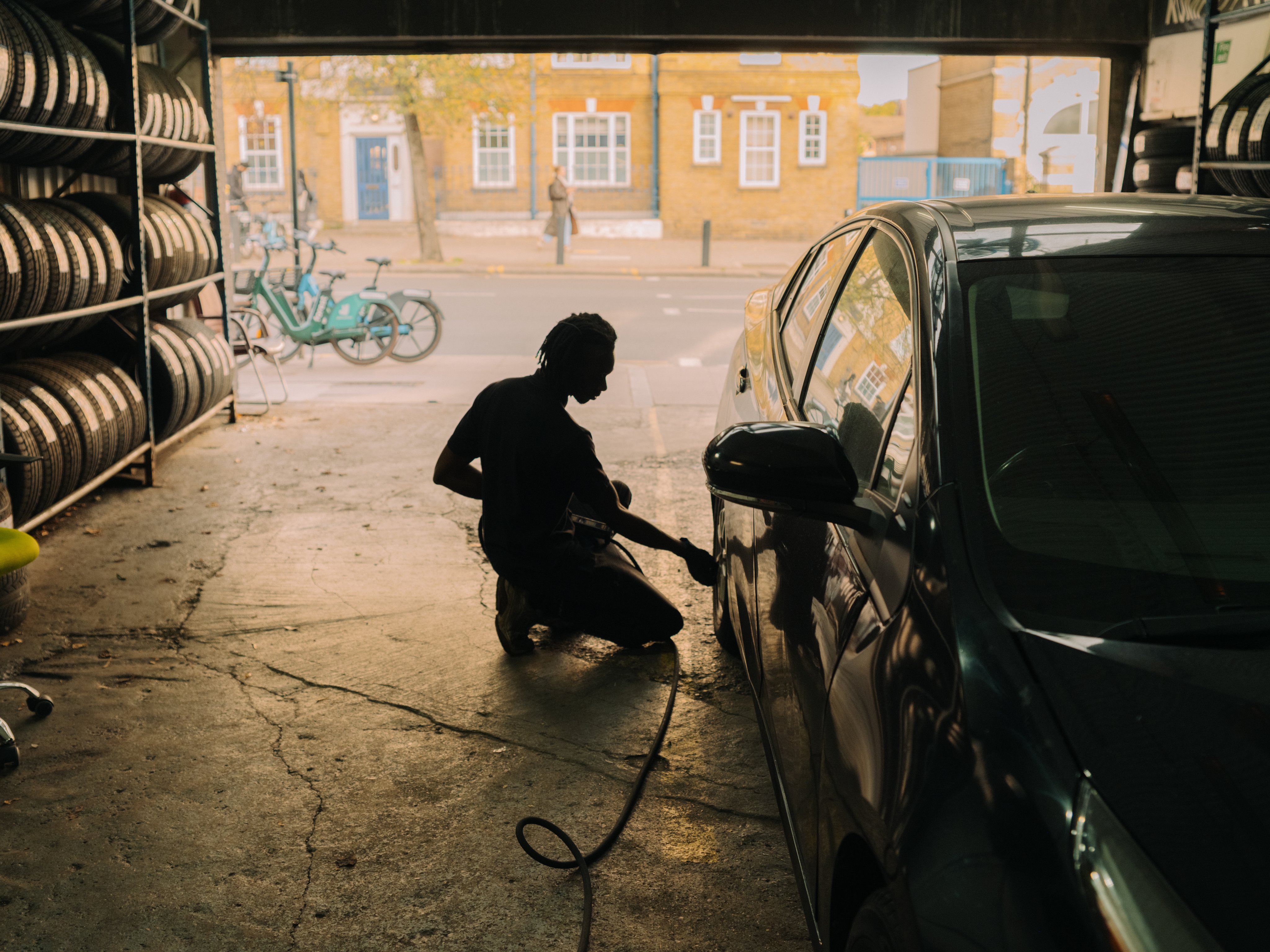UK Poverty 2019/20: Work
It's unacceptable that more than half of people in poverty are now in a working family, but we can loosen the constraints holding people back.
Although paid employment reduces the risk of poverty compared to being unemployed, in-work poverty has risen to 56% of people in poverty. That's a significant change from 20 years ago when 39% of people were held back by it.
In 1997/98, 9.9% of workers were locked in poverty; now 12.7% of workers are. With employment rates also going up to their highest ever levels, poverty is increasingly concentrated in working families. The risk of poverty is higher for disabled workers, BAME workers, single parents, and families with children.
Of all family types, working single parents have seen the fastest rise of poverty, with three in ten in poverty now compared to two in ten in 2010/11. Falling benefit incomes and rising housing costs have pulled low-income working families into poverty despite faster growth in earnings than the average family. Low-income working families faced the biggest hit to their earnings during the recession.
Low-income workers are limited to working fewer hours on average than they used to as they cannot find more hours to work. Around 18% of workers in the bottom fifth of hourly pay rates say they would like to work more hours, but they are not available. Lack of affordable, flexible childcare and the cost and availability of transport often restrict the hours they can work.
Changes that will help
The National Living Wage has increased earnings for the lowest-paid workers, but this isn’t enough by itself to loosen poverty’s grip. Low-income workers are constrained from working more hours and progressing to better-paid jobs. Ways to loosen the constraints that stop people escaping poverty through work include:
- Ensuring the availability of good, flexible and affordable childcare.
- Providing affordable and well-connected transport.
- Opportunities to progress into better-paid jobs wherever people live.
- Action to reduce housing costs.
- Ensuring social security effectively protects working families against the uncertainties of the labour market.
Relaxing these constraints would be a good start in alleviating in-work poverty.

This report is part of the work topic.
Find out more about our work in this area.